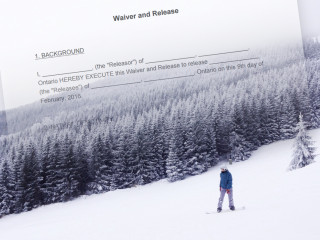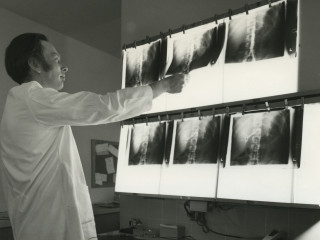Guest Author: Gerry Antman, Longo Lawyers
This is a Toronto motor vehicle action where the plaintiff was successful in striking the defendant’s jury notice. This was the first decision out of the Toronto Region where a plaintiff was successful in striking the defendant’s jury notice.
Facts
The plaintiff was injured in an accident on November 2, 2009. He commenced an action on October 14, 2011. Both liability and damages were contested. Examinations for discovery were completed in 2013, the action was administratively dismissed in 2015. The administrative dismissal was set aside in June 2016, shortly thereafter the plaintiff delivered a trial record.
The parties first attended trial scheduling court in October 2017, which was adjourned to January 2018. Unbeknownst to the parties at the time, the Court struck the matter off the trial list before the January 2018 trial scheduling appointment. In May 2018, the matter was restored to the trial list. In October 2018, the parties were given a pre-trial date of July 15, 2020 and a trial date in the October 2020 civil jury sittings.
At the pre-trial, the parties agreed that this case would be longer than three weeks, however the matter remained on the sittings list. Days before the sittings were scheduled to begin, the trial was adjourned to a fixed date of February 22, 2021 for 20 days.
Parties Positions
In advance of the motion, the plaintiff contacted the trial coordinator to confirm that the matter could proceed on February 22, 2021 if the jury notice was struck. The plaintiff argued that if the trial would be adjourned for a second time, he would suffer significant non-compensable prejudice in thrown away costs, by operation of the Insurance Act economic loss provisions and also by the increasing deductible for non-pecuniary losses.
The plaintiff also explained that because this was a fixed date trial, it was not so simple to add to the list for the next sittings. The plaintiff argued that if the motion was dismissed, the parties would be ordered to attend at a trial scheduling court in the future to be given a fixed date. The plaintiff presented evidence from recent scheduling court appearances that no fixed date trials were being scheduled in 2021, meaning that this trial would be delayed for a further year.
The defendant argued that the plaintiff was to blame for previous delays and that a wait and see approach was best. The court was highly critical of the defendant’s suggestion that because there were delays in the case, that the court should cause another 1 year delay. The defendant also led no evidence on how it would be prejudiced in any way by striking of the jury notice.
Decision
The court reviewed the body of case law and considered five emerging principles:
- The resources available to the Court to outfit its courtroom to allow for the conduct of jury trials with social distancing;
- The local impact of the pandemic, to assess the likely timing for the resumption of jury trials;
- The prejudice to the parties that would be caused by the delay in adjudication;
- The age of the case; and
- The history of adjournments
Justice Sanfilippo found that while previous delays cannot be condoned, delay cannot be further compounded by the court. Justice Sanfilippo agreed that if the trial did not happen now, it would likely be adjourned for a year.
Justice Sanfilippo accepted the plaintiff’s argument that there was prejudice caused by operation of the Insurance Act. Justice Sanfilippo also considered the impact that the delay was having on the plaintiff, his family and how over time, there has been inadvertent spoliation of evidence due to witnesses disappearing or passing away.
Conclusion
Having the benefit of the Court of Appeal’s decision in Louis v. Poitras, Justice Sanfilippo struck the defendant’s jury notice. He found:












